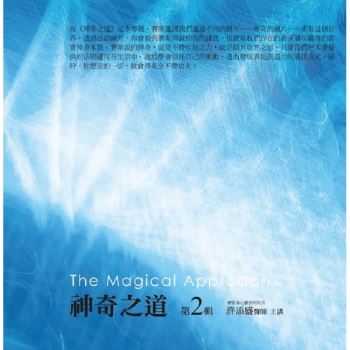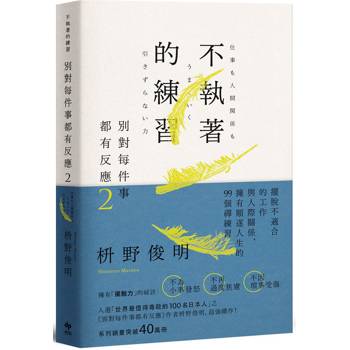In today’s cultural and political climate of relative LGBTQ+ inclusion, Settler Tenses: Queer Time and Literatures of the American West provides a literary history that rewrites our understanding of when and how queerness began to align with US nationalism and settler colonialism, tracing the discursive production of masculinities in late nineteenth and early twentieth-century literatures of the American West.
Current scholarly understandings often equate turn-of-the-century representations of the US frontier with hypermasculinity and heteronormativity. Simultaneously, scholars tend to view queer inclusion--that is, the civil and political inclusion of those who make up the "-Q+" of the initialism LGBTQ+--as a phenomenon of post-Civil Rights era activism. Settler Tenses provides a deeper history of queerness in US history by showing that literature created frontier masculinities that representationally yoked a range of queer bodies and subjectivities to national identity as the US consolidated its sovereignty in the late nineteenth and early twentieth centuries.
Reframing and explaining anew the provenance and significance of the links between queerness and US nationalism and settler colonialism, Settler Tenses will appeal to an audience of advanced undergraduates as well as researchers and scholars in American literary studies, gender, queer, and sexuality studies, settler colonial studies, and critical race and ethnic studies.












